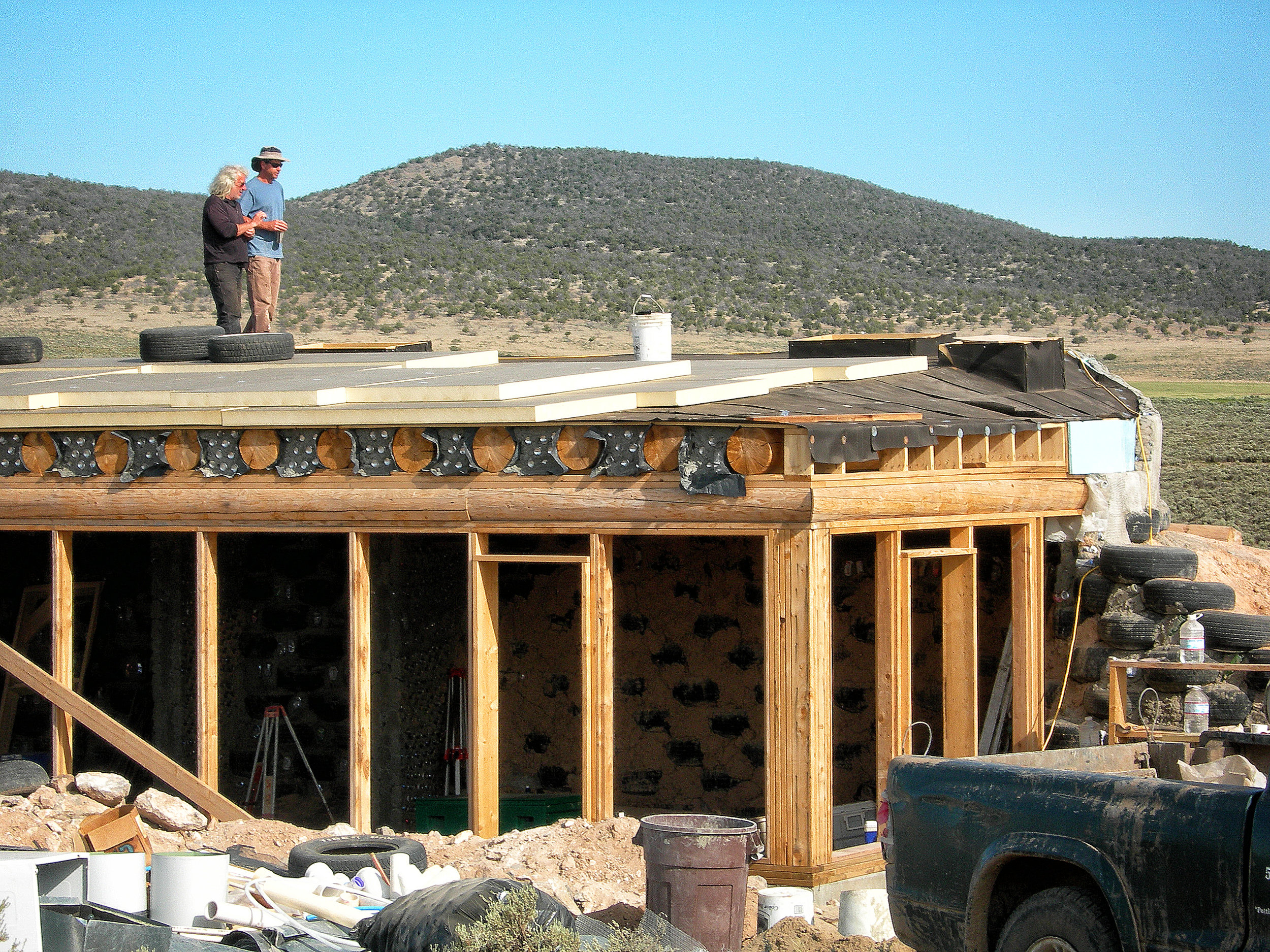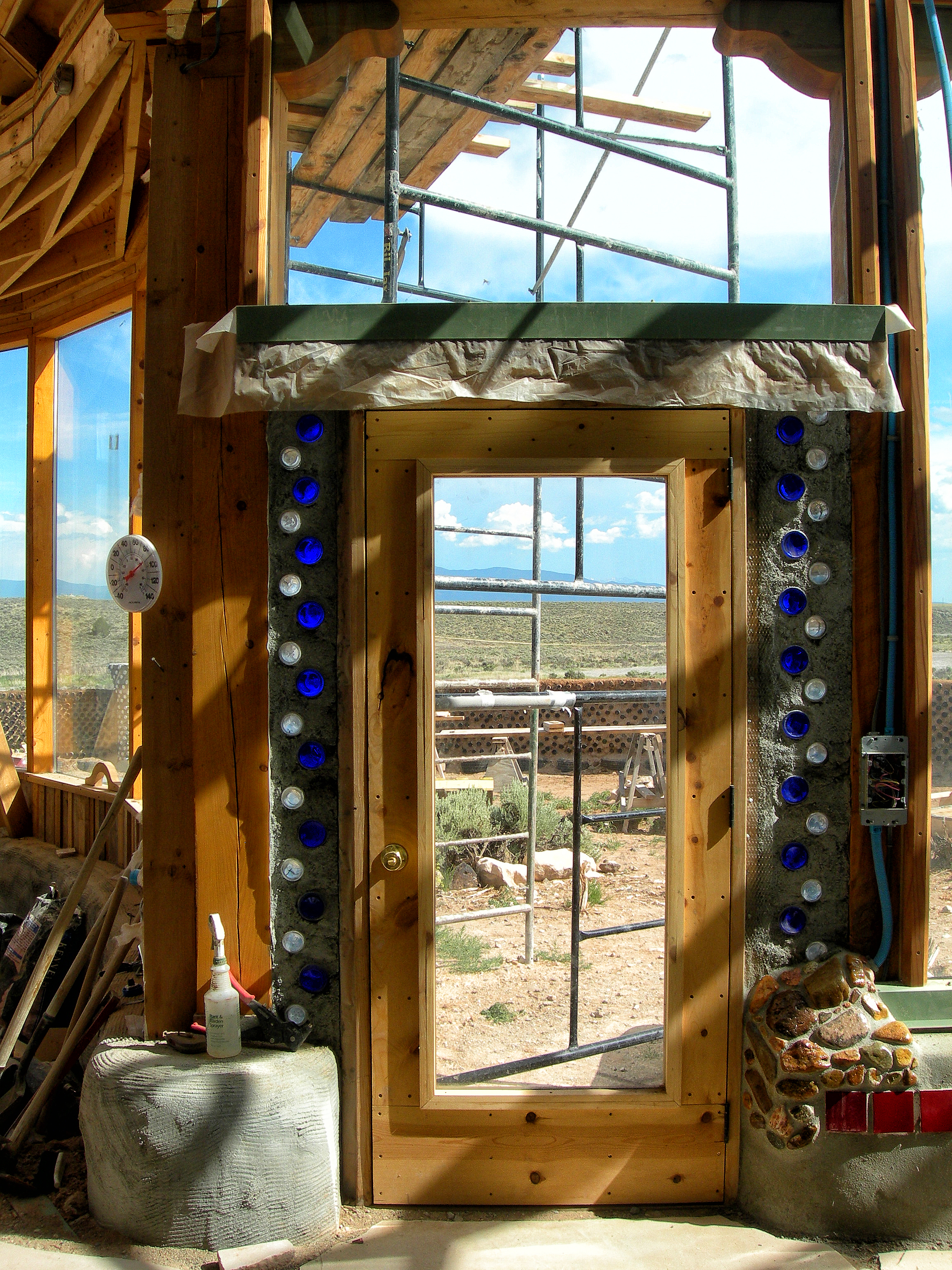Scenes from the month at Obras Art.
Edward Burtynsky referred to extraction processes as “reverse architecture,” an apt term for what’s depicted at the marble quarries.
Scenes from the month at Obras Art.

Edward Burtynsky referred to extraction processes as “reverse architecture,” an apt term for what’s depicted at the marble quarries.
Daytrip to Sintra and the footpaths, tunnels, and grottoes of António Augusto Carvalho Monteiro.

I always imagined autumn could look like this.
Repurposed glass bottles are a recurring theme…
Sónia graciously carted me around her town for a few days before my very first artist residency commenced in the countryside at Obras Art. Since this was before Lisbon became the turmeric latte of travel destinations, I was stunned by streets paved with marble, terracotta rooftops, and golden sunsets, as if I’d not even seen a photo of the place before.


A romance with palm trees begins.
I left the Southwest in autumn 2005 where I had been living and working at an experimental building project to go to grad school abroad for environmental art. After a few semesters of that, where did I feel inspired to go? Basically right back to where I started. Of course, it’s only with the benefit of hindsight that I’m open to reveal this irony.
The summer of 2007’s earth architecture series began at The Greater World, home to Michael Reynolds’ earthship shelters and experiments. These structures fascinated me as dwellings built with waste materials with a focus on self-sufficiency through passive solar design and water catchment.
As an aside, I have a childhood memory of the September 1986 issue of National Geographic World feature, which thanks to the internet, I found. In particular, I remember fixating on the picture of the skylit soda can room thinking, that is so neat—after which I likely scurried back to making cardboard and cotton-ball “moccasins.”

A few weeks of hands-on building experience through an internship resulted in the outtakes below.

Roof walking

Images of the house we worked on, including plenty of the earthship’s signature rammed earth tires, which create three foot exterior walls for the structure. Built on an east-axis with plenty of southern facing glazing, the design enables the homes to make use of passive solar as a main heating source.

A regular task was laying cans as spacers in interior walls that would later be covered over in plaster. The benefit to using cans beyond the obvious waste management piece, was the ability to employ less concrete while still creating a solid partition. The honeycomb structure that results from using can spacers sacrifices no stability and uses less new material, in other words.



Earthships are designed with large cisterns built into each end of the home that collect water off of a slanting roof and supply the house, even in desert climates such as Taos. Gray water from a variety of functions irrigates indoor planters and greenhouses.

In what was likely a surprise to no one, the labor of pounding dirt into tires was not a strength area for me, and as a result, I spent a lot of time sawing glass bottles in half to create bricks, here modeled by another intern.

Nice end result in clear and blue glass.

Day trip to the Taos County Dump

Mountains of all kinds
Metal salvaged at the dump recreated as roofing shingles
Midweek adobe nose

Conveniently, happy hour provided a steady supply of building material.
Putting the band tee to proper use.

If I’m not mistaken, this was some unsung scene in nearby Arroyo Seco where I stayed at the Snowmansion.

High jumps
Some ‘small’ fire that concerned no one with lots of smoke
Scoping out a soak along the Rio Grande
Every New Mexico sunset is more spectacular than the last